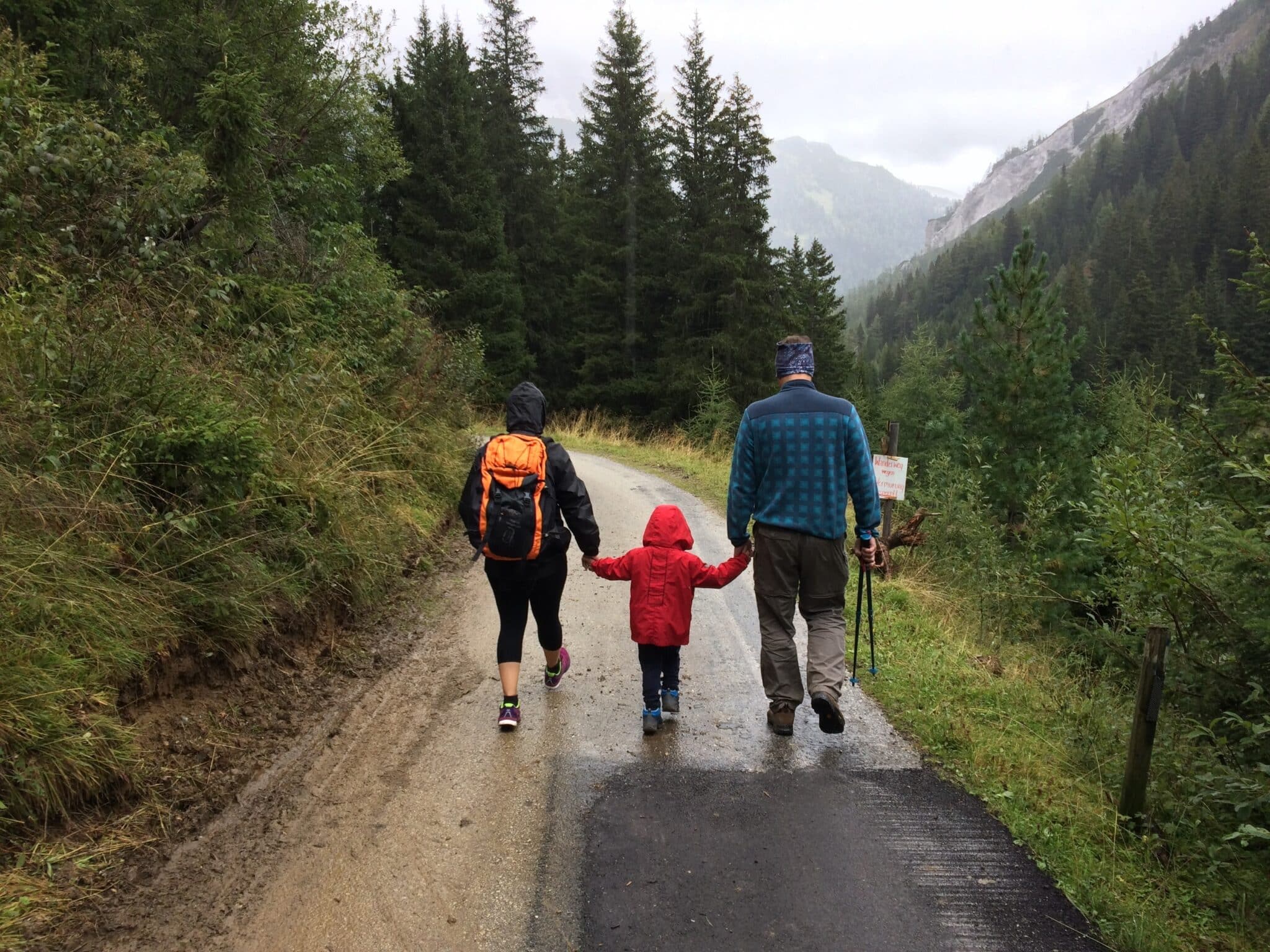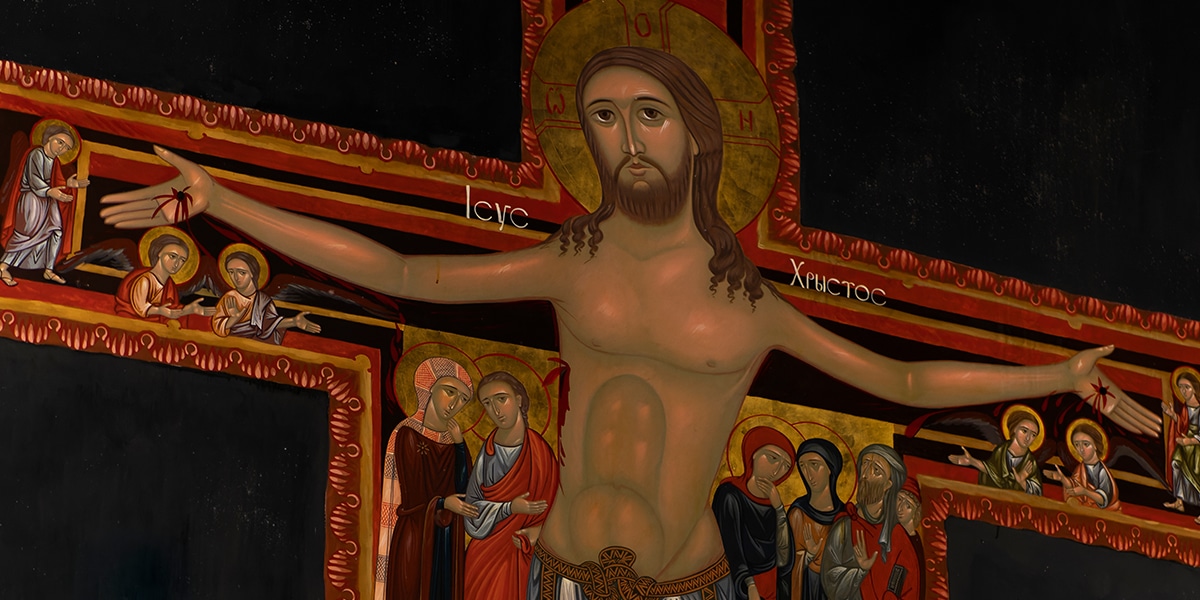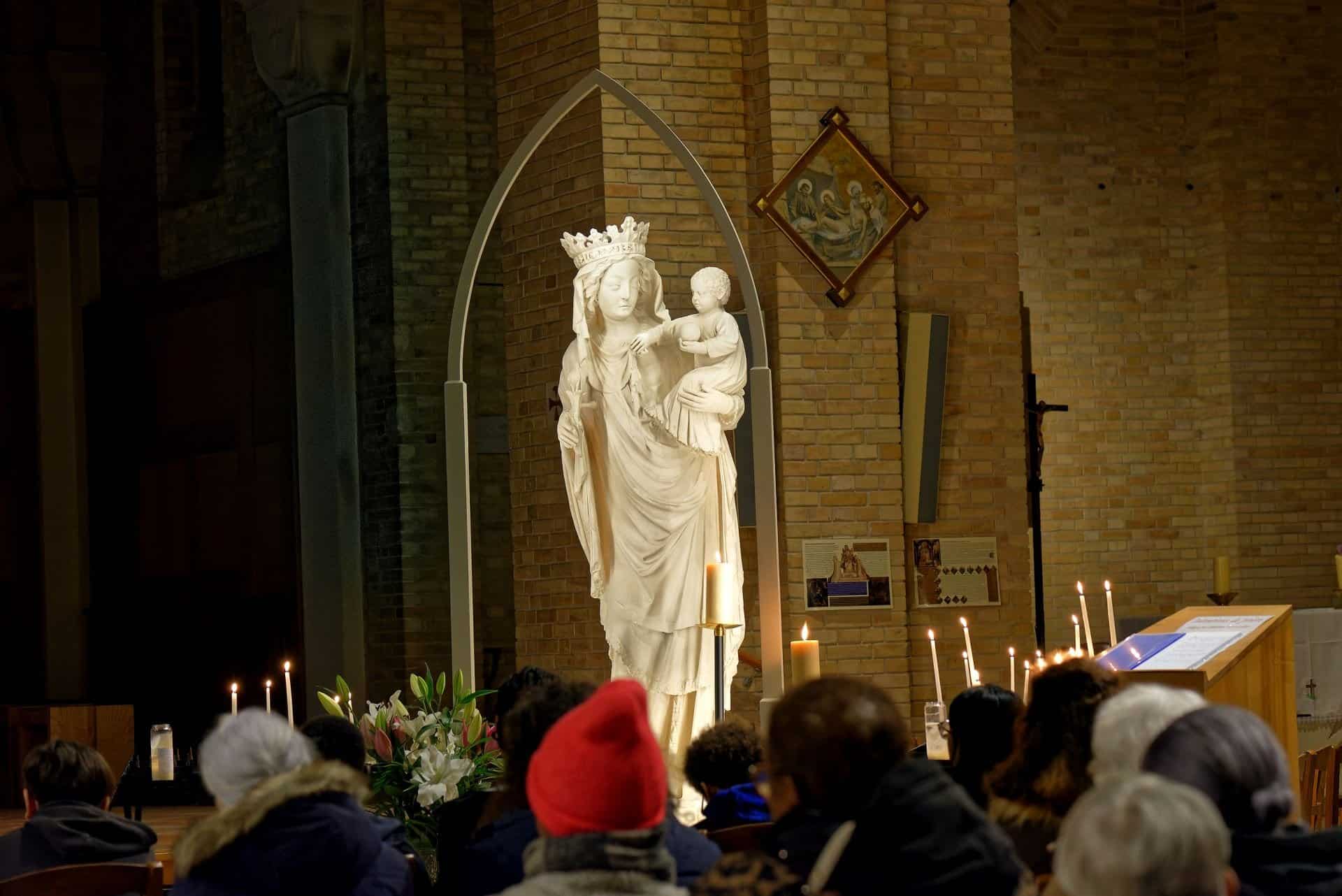In the third chapter of the Gospel of Mark, right after Jesus commissions the Twelve Apostles, we are told that he returns to his home neighborhood. His family comes out to meet him, but instead of a warm reception, they question his sanity. “He is out of his mind,” they say. Soon after, the religious authorities arrive and proclaim that Jesus has been possessed by the devil.
For more than 30 years, I have lived with mental health issues. Much of my life has been colored by chronic and, at times, severe depression. Circumstances of my childhood, including domestic violence and my mother’s rage-filled alcoholism, have left me with bouts of anxiety and post-traumatic stress.
I learned to cope with these stresses by developing survival strategies that kept me alive into adulthood. Unfortunately, these same survival strategies made being in my company a challenge for much of my 20s. Suffice to say that, once I was safely out of the dangerous and crazy situations of my home life, I was like a fish out of water. I didn’t mean to, but I often brought the crazy with me into sane situations.
It took me a good number of years, a lot of support from therapists, and 12-step programs like Al-Anon to get to a point where I felt more stable and secure in my day-to-day life. Several years into that process, I met my wife, Kira, and she and her family also became part of that system of support.
A Powerful Example
Not long after that moment in Mark’s Gospel cited above, Jesus sets up some boundaries with his biological family members who had been calling him crazy. He then looks at the circle of those sitting near him and says: “Here are my mother and my brothers. [For] whoever does the will of God is my brother and sister and mother.”
I feel a connection with Jesus in this. I don’t think Jesus carried the diagnoses that I have faced in my life, but in that moment of threat and rejection by his biological family and his religious leaders, he bore the social burden of mental illness: “He is out of his mind.” And, as I did in my teenage years, Jesus found his way to an alternate family who could accept him and offer him the support not given by his blood relatives.
A Work in Progress
Many of us are on some form of this journey. I am happy to say that, as I near my 50s, I have found solace and stability in my daily life that I could not have dreamed possible in my 20s. But it took work and continues to take work. Some days are better than others, and I take them one day at a time.
The mental health issues I have named are often characterized as individual problems. But they are part of family systems. My grandparents passed aspects to my parents who, in turn, affected me. Now as parents ourselves, Kira and I see some of these issues in our children as well. My son struggles with anxiety and my daughter with anger and depression. These stressors split apart my family of origin when I was a child, with every responsible adult retreating to a corner and saying to the others, in effect, “You’re out of your mind and possessed by the devil.”
As parents, Kira and I work to make a different set of choices. My wife and children are involved in my recovery, and I am involved in theirs. We have some bad days, it is true. But we have a lot more good days than bad.
Jesus tells us that those who do the will of God make up a kind of family. The will of God is love, forgiveness, and truth. That takes daily work, and I’m glad we’re working, one day at a time, to make our biological family into the kind that Jesus modeled for us.








